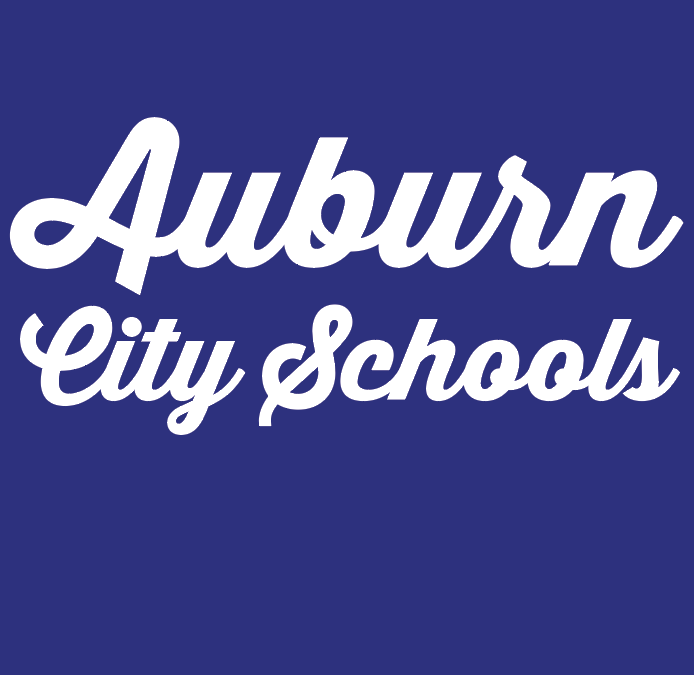BY MALLORIE MCCOY
FOR THE OBSERVER
AUBURN — On Sept. 2, Auburn City Schools’ Chief Financial Officer, Liz Springer, presented the proposed 2026 fiscal year budget to the school board at a public hearing at Auburn Junior High School.
In attendance was Auburn City Schools Superintendent, Cristen Herring, along with the ACS Board of Education. This fiscal year begins on Oct. 1 and ends on Sept. 30, 2026. The projected beginning balance for the fiscal year is $97,857,166, and the projected ending balance is $89,261,688.
The proposed budget includes funds received and generated from state, federal, local and other financing sources. The total revenue of all fund types stems from local revenue at 63.15% with state revenue following at 33.27% and federal revenue sitting at 3.47%.
Governmental funding is the segment of the accounting system through which most school system functions are typically financed which include instructional services, operation and maintenance services, general administrative services, etc. Under governmental funding there are four subtypes of funding: General, Special Revenue, Debt Service and Capital Project.
The General Fund, which is most dedicated to instruction for salary and benefits, is used for 58.66% of instructional service funding. The Special Revenue Fund accounts for the school’s district’s federal programs, with 51.96% used for USDA food nutrition and 26.91% going toward the Individuals with Disabilities Act.
The Debt Service Fund acts as a payment fund on behalf of the Auburn City Board of Education from the 11 Mill Special School and 5 Mill Special Additional Tax Funds by the city of Auburn. Principal and Interest payments for fiscal year 2026 are $16,184,003.
The Capital Projects Fund is used to account for construction and improvement of capital assets funded by state and local revenue sources. The State Public School Fund Capital allocation for the 2026 fiscal year is $2,582,681, which is a $5,573 increase over 2025.
The Capital Projects Fund includes funding for the 2035 Facilities Master Plan that was approved by the Board of Education in January 2025. All projects included in the plan will be funded by the 16 Mill Special School Tax.
Besides the Governmental Fund, there are two other fund types: Proprietary and Fiduciary. The proprietary fund is used for school system activities that are similar to business operations in the private sector, whereas the fiduciary fund is used to account for assets held by the school system as trustee or agent.
The Auburn City School system is comprised of one high school, one junior high school, two middle schools and 10 elementary schools, with a combined projected enrollment of 9,369 students for the 2026 fiscal year. There is a projected decrease in average daily membership of 69 students.
With a combination of all 14 Auburn City Schools, the projected staff for the upcoming fiscal year is 928.5. The average teaching experience stands at 13.4 years, and 69% of teachers have advanced degrees. Based off the information presented, the student-to-teacher ratio is 14.6 students for every one teacher.
For the 2026 fiscal year, the gross payroll for staff is set at $74.09 million, with $69.22 million coming from the general fund and the other $4.87 million coming from the special revenue fund.
All budget reports presented by Springer were in accordance with reporting requirements outlined in the Financial Planning, Budgeting and Reporting System for Alabama Public Schools.


